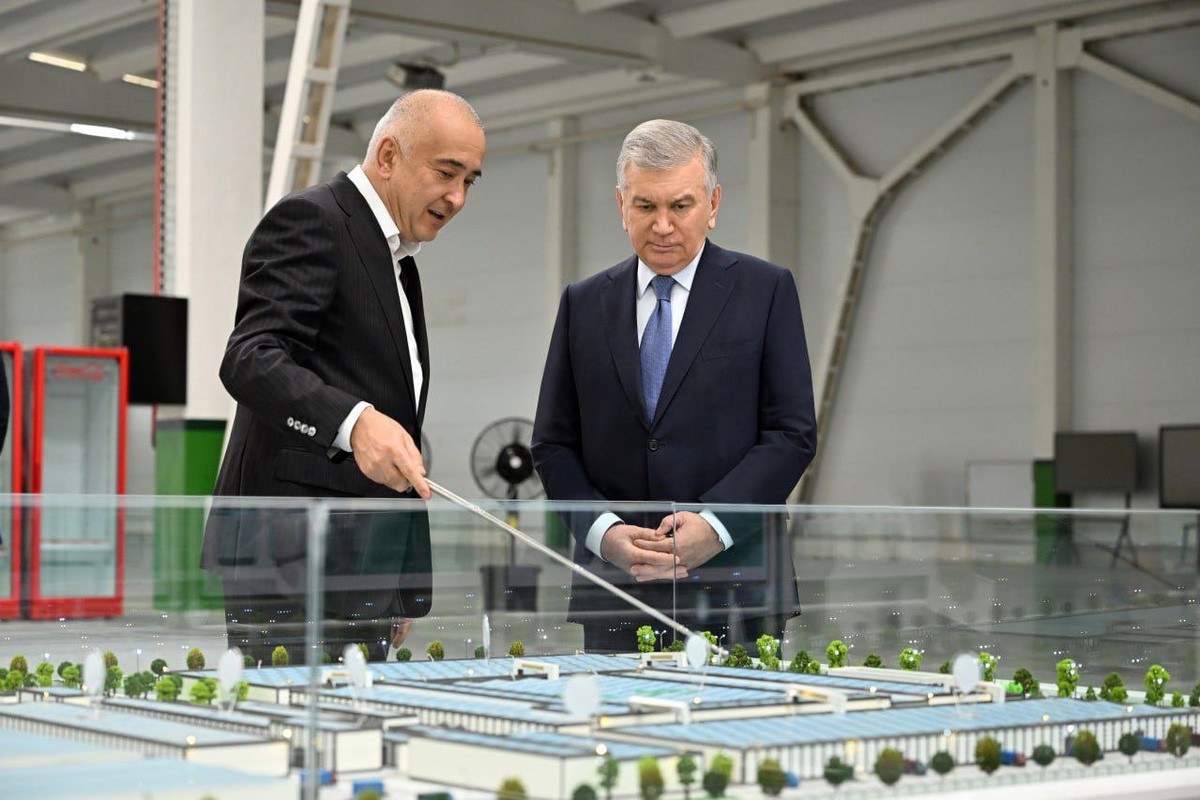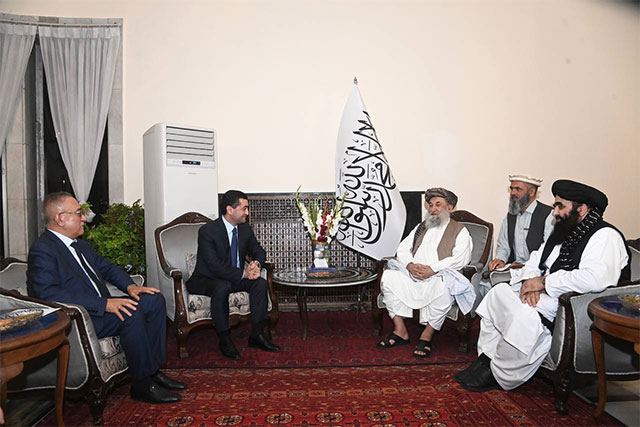Amid the global focus on US tariff policy, the escalating trade conflict between China and the European Union remains in the shadows, although its consequences for the global economy may be no less significant. Mutual restrictions, duties, and trade investigations come to the fore, reflecting a deeper conflict of interests between the two economic blocs.
China and the EU have traditionally been perceived as economic partners interested in the stable growth of mutual trade. However, since the beginning of 2024, the rhetoric has shifted from pragmatism to confrontation. The EU restricted the participation of Chinese companies in public tenders for the supply of medical equipment, which immediately triggered retaliatory measures from Beijing in the form of restrictions on the import of similar European goods. At the same time, China introduced duties on brandy from EU countries, demonstrating its readiness to use economic instruments as a lever of pressure.
These steps are a continuation of the chain of escalation that began with the EU investigation into Chinese electric vehicles and suspicions of unfair subsidies. The European Commission sees rapid exports of Chinese products as a threat to its own industrial base. In response, Beijing launched mirror investigations, which cast doubt on the pre-existing balance sheet.
The economic background of the conflict is obvious. China is facing overcapacity, falling domestic demand and slowing economic growth. Exports, which have been a driver of the economy for decades, are losing strength due to declining global demand and new trade barriers. In the face of such pressure, China is forced to look for new markets, and Europe is under the gun of Chinese manufacturers.
However, in Europe, the perception of China is changing. According to analysts, the relationship has shifted from a strategy of "mutual benefit" to a regime of protection of interests. The growing trade deficit, worsening conditions for European companies in the Chinese market, and the use of trade as a political tool are adding to skepticism in Brussels. The tariffs on brandy have only become a symbol of Beijing's broader strategy of showing strength.
Interestingly, in the context of the new US tariff policy, many analysts expected a rapprochement between the EU and China. A joint confrontation with Washington could logically develop into closer economic cooperation. However, this did not happen. According to some experts, China feels that it has won a local victory in its negotiations with the United States, and is not interested in making concessions to Brussels. Moreover, Beijing fears that the EU may support Washington's anti-Chinese course as part of a broad geo-economic strategy.
The June trade agreement between the United States and China, which discussed issues of rare earths and technological restrictions, was one of the most significant moments. China, in response to the first tariffs, restricted exports of key rare earths and magnets widely used in the automotive, defense and energy industries. This confirmed that Beijing is ready to use strategic resources as a tool of pressure.
Experts warn that the problems will only get worse. European measures to strengthen economic autonomy and protect the domestic market are at odds with China's efforts to expand and market its products. Analysts predict increased protectionism and new retaliatory measures on both sides.
The fundamental differences between Beijing and Brussels relate not only to current tariffs, but also to the model of economic development itself. The EU is strengthening antitrust mechanisms and regulating the conditions for allowing Chinese investments, especially in strategically important industries-from energy to telecommunications. China, in turn, demonstrates strict control over the domestic market and increases censorship, restricting the actions of foreign companies.
The next EU-China summit, scheduled for July 24, may be another confirmation of the growing gap. Sources say that the agenda includes meetings between European Commission President Ursula von der Leyen and Chinese President Xi Jinping. However, expectations are extremely low: both sides are preparing for difficult negotiations with minimal chances of a constructive outcome.
Meanwhile, analysts warn that if the current momentum continues, the global economy will face even greater fragmentation. Production chains will be rebuilt, excess Chinese capacity will be built up outside the country, and tariff wars will expand. In such an environment, even neutral economies such as Uzbekistan must take global risks into account when developing export-oriented strategies.











